Islamic Revolution dealt a ‘heavy blow’ to Zionist regional presence: Commentator
The Islamic Revolution, which deposed the Israeli regime’s main ally Mohammad Reza Shah Pahlavi, struck a “heavy blow” to the regime’s presence in the region, says a commentator.
Sami Ramadani, an Iraqi-born lecturer in sociology who writes on Iraq and Middle East current affairs, said that Iran has “at least” stopped the Zionist leaders’ aggressive policies in the region after the 1979 revolution and the overthrow of the Pahlavi dynasty.
“Shah’s regime was a cornerstone of the Israeli-Zionist presence in the area and the Iranian regime under the Shah acted as Israel's main ally in the region; the Iranian Revolution dealt a heavy blow to the Zionist presence in the area,” Ramadani said, speaking on Press TV’s weekly show Palestine Declassified.
The Islamic Revolution has “at least put a halt to a lot of the aggressive policies that the Zionist leaders were planning in the region,” he added.
And since then Iran has become a “major ally” of the Axis of Resistance which shares interests against the Israeli aggression and occupation, he said.
Ramadani added that Iran supports and has close relations with all Palestinian factions namely Hamas, Popular Front for the Liberation of Palestine (PFLP), Fatah, and the Islamic Jihad Movement in Palestine.
“Iran, in terms of broad political approach, regards Palestine as central to the struggle of the people of the region as well as Iranians themselves,” he added, saying that Palestine is “vital” to Iran’s “struggle for independence.”
He also lauded Iran for the “massive price” it is paying for its steadfast support for the resistance.
“Iran has been subjected to massive opposition from imperialism led by the United States and regionally by Israel, and some of the Arab regimes,” he added.
Ramadani said that Iran’s support for resistance and its stance on Palestine is the reason behind US and Israel’s attempts to “punish” Iran.
“Iran is paying a heavy price, but they are proud of it at the same time,” he concluded.
Since its establishment in 1979, the Islamic Republic of Iran has become a leading supporter of the Palestinian cause.
Earlier this year tens of thousands of Iranians took part in the annual Quds Day rallies in the capital, Tehran, in a major show of support for Palestine. Similar marches and events happened in more than 900 cities and villages nationwide, according to officials.
In the unity Intifada of May 2021 it was revealed on the Lebanese news service Al Manar that a joint operation room was established in Beirut in response to Zionist attacks on Gaza.
It involved officers from Hezbollah, Hamas, and the Islamic Revolutionary Guards Corps. The Commander of IRGC’s Al-Quds Force, General Esmail Qaani, visited Lebanon twice to attend the meetings.
In August 2021, Secretary-General of Popular Front for the Liberation of Palestine - General Command (PFLP-GC) hailed Iran’s key role in supporting the Axis of Resistance.
“Were it not for the principal support and positions of the Islamic Republic of Iran, the victories of the Axis of Resistance in Lebanon, Syria, Iraq, and Yemen would not have happened today,” Talal Naji said.
‘Ghost town’: 70% of Jabalia buildings destroyed by Israel
Mother’s Day: Sareh Javanmardi’s inspiring journey as Paralympic champion and mother
Russia downs over 40 Ukrainian drones as Putin vows 'destruction' on Kiev
VIDEO | Yemen: A bone in Israeli neck
D-8’s role in Iran’s economy after Cairo summit
China slams US as ‘war-addicted’ threat to global security
China ‘firmly opposes’ US military aid to Taiwan
VIDEO | Press TV's News Headlines


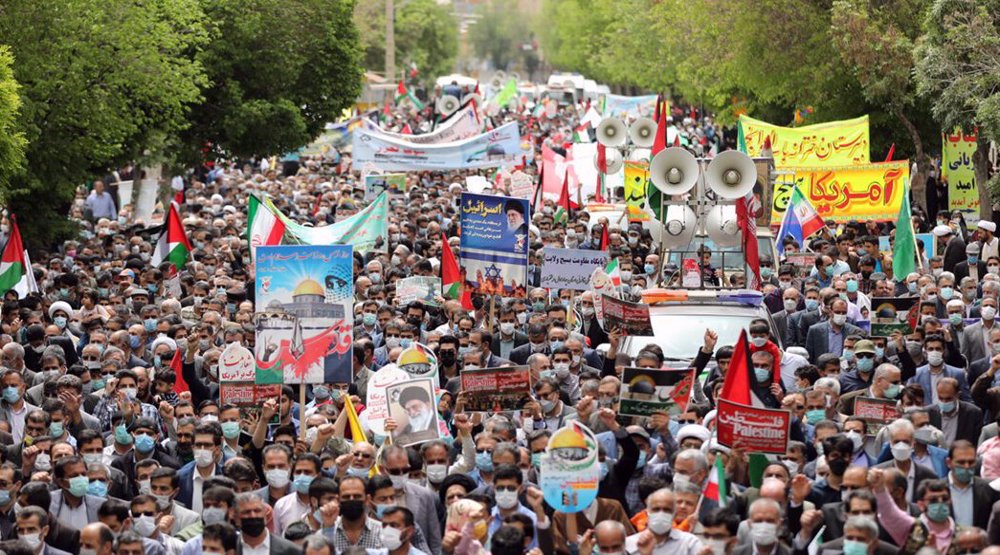
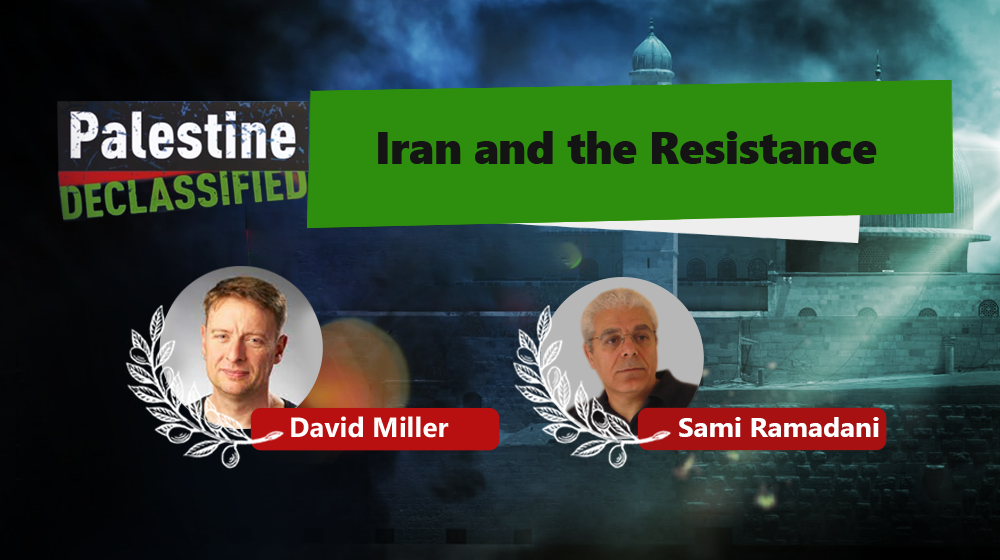
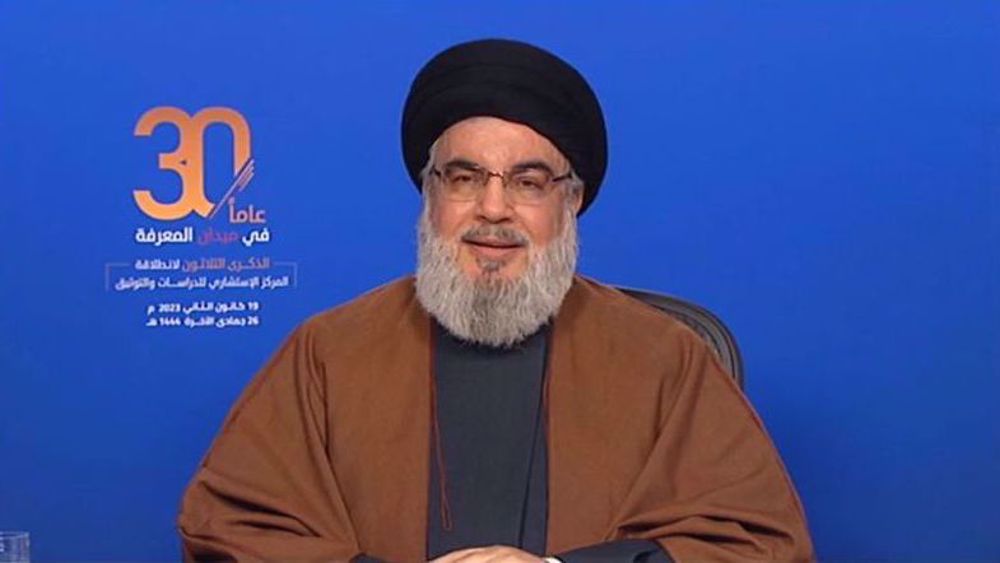
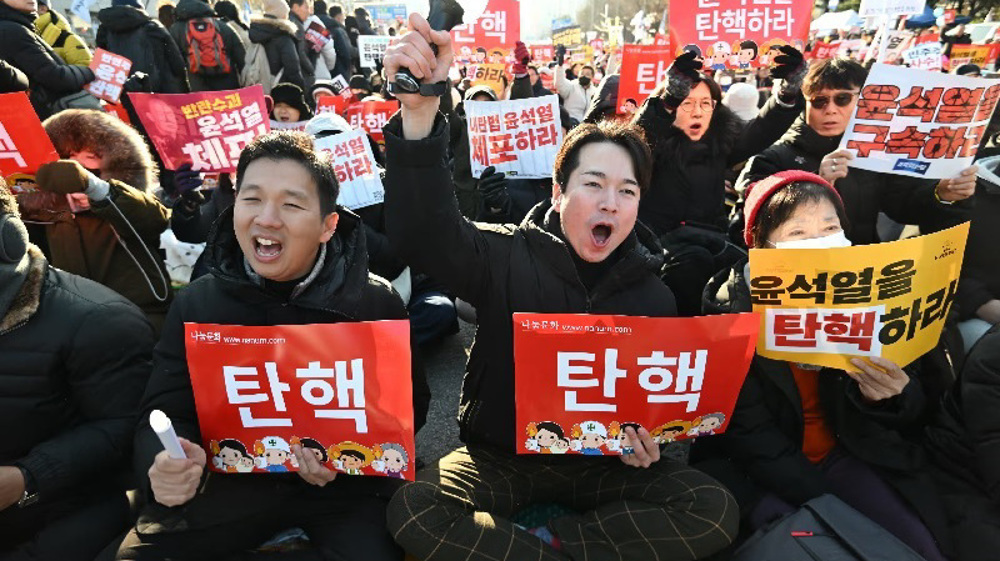

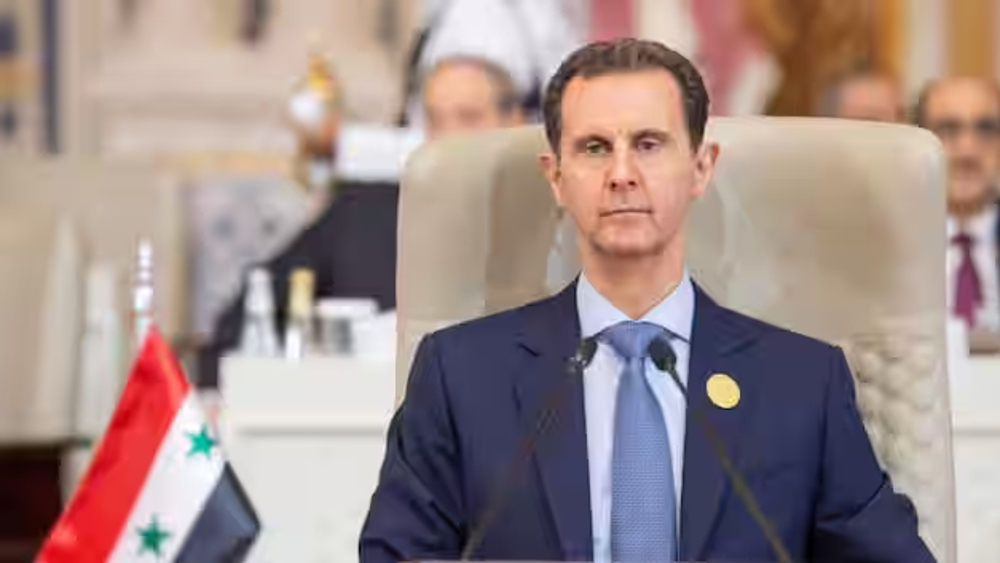



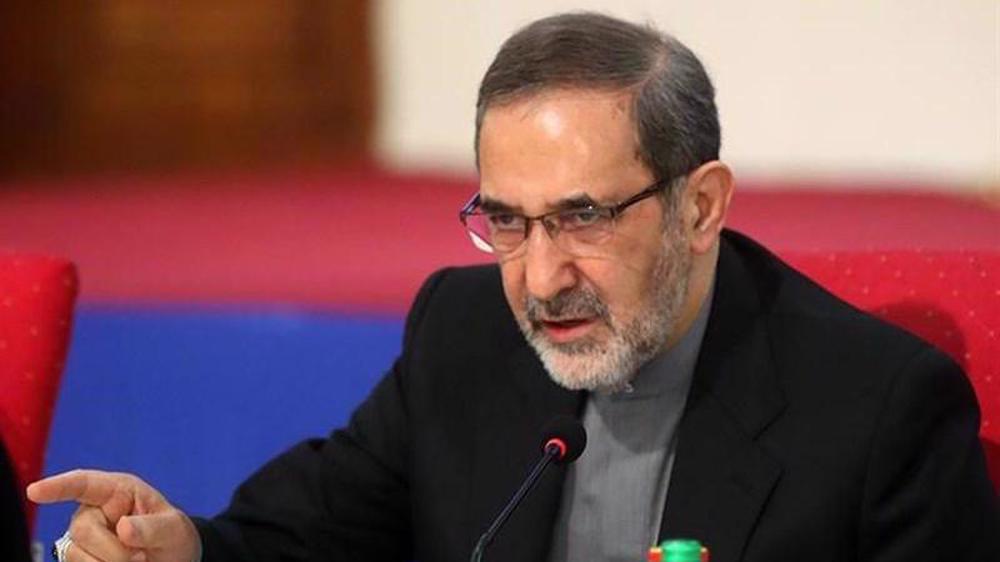
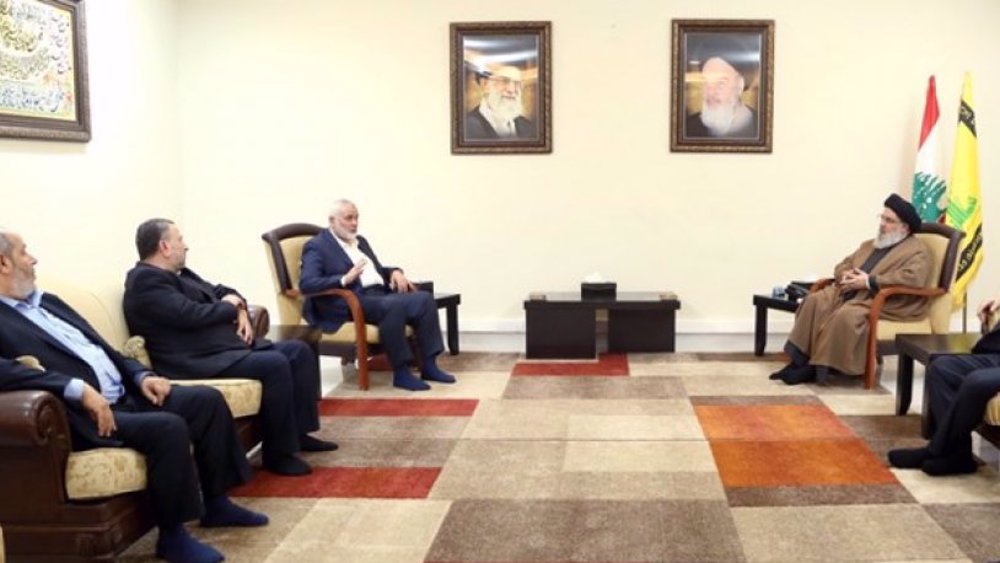
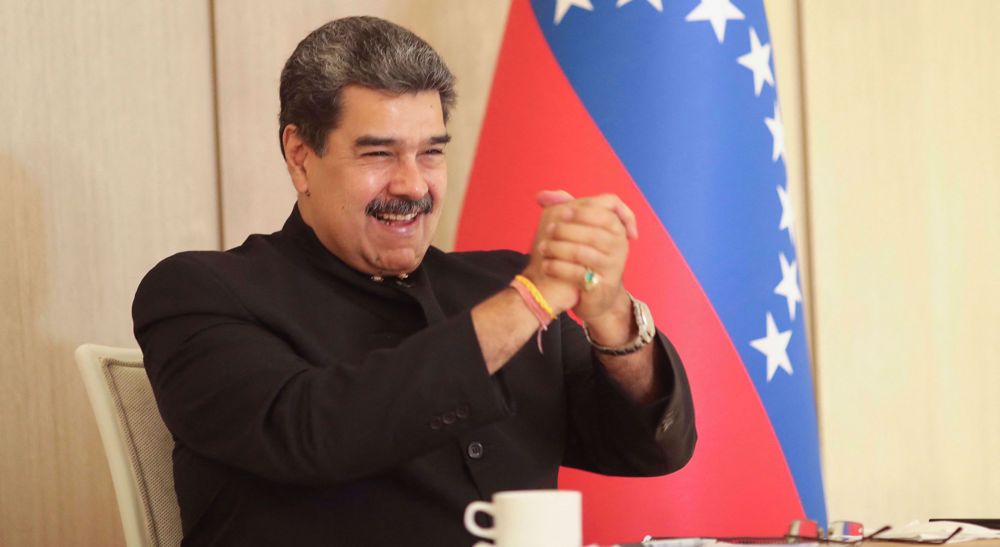

 This makes it easy to access the Press TV website
This makes it easy to access the Press TV website